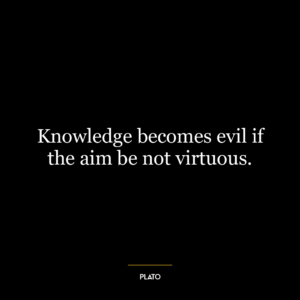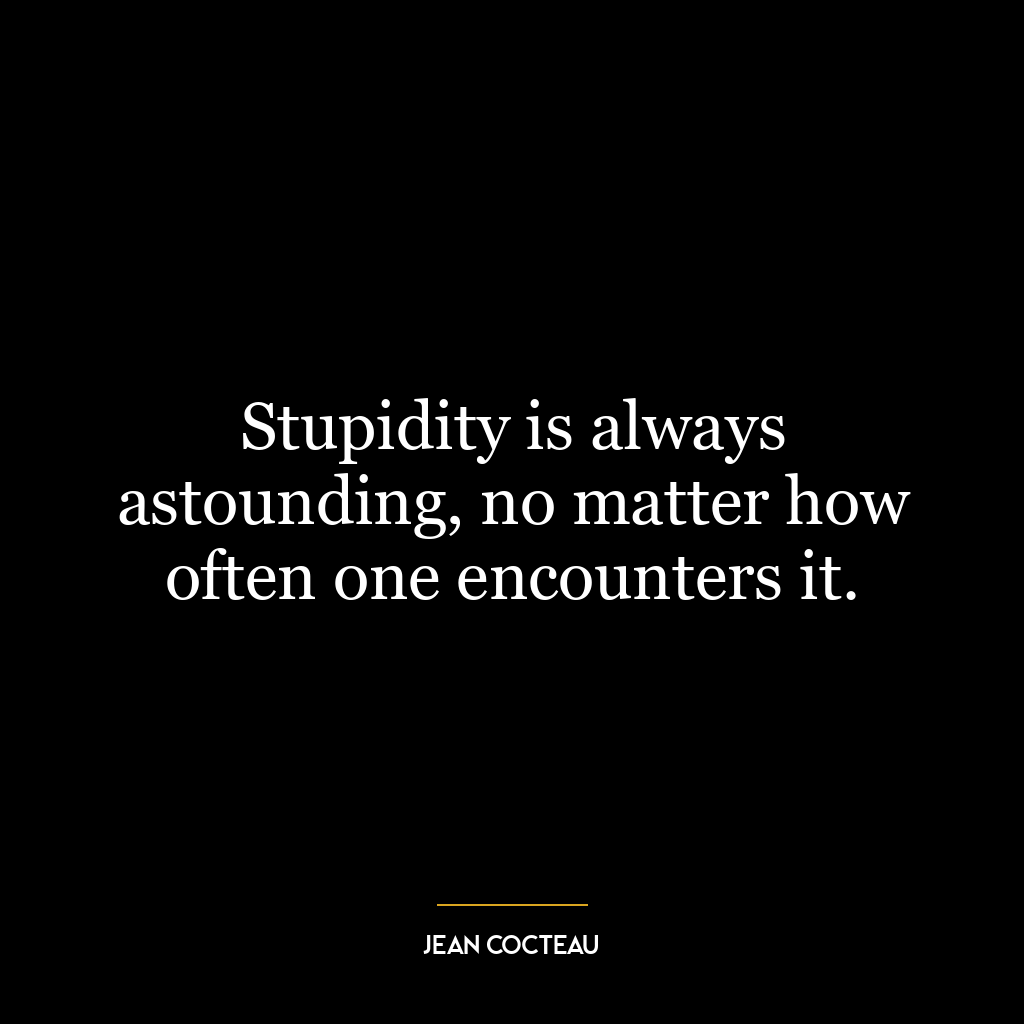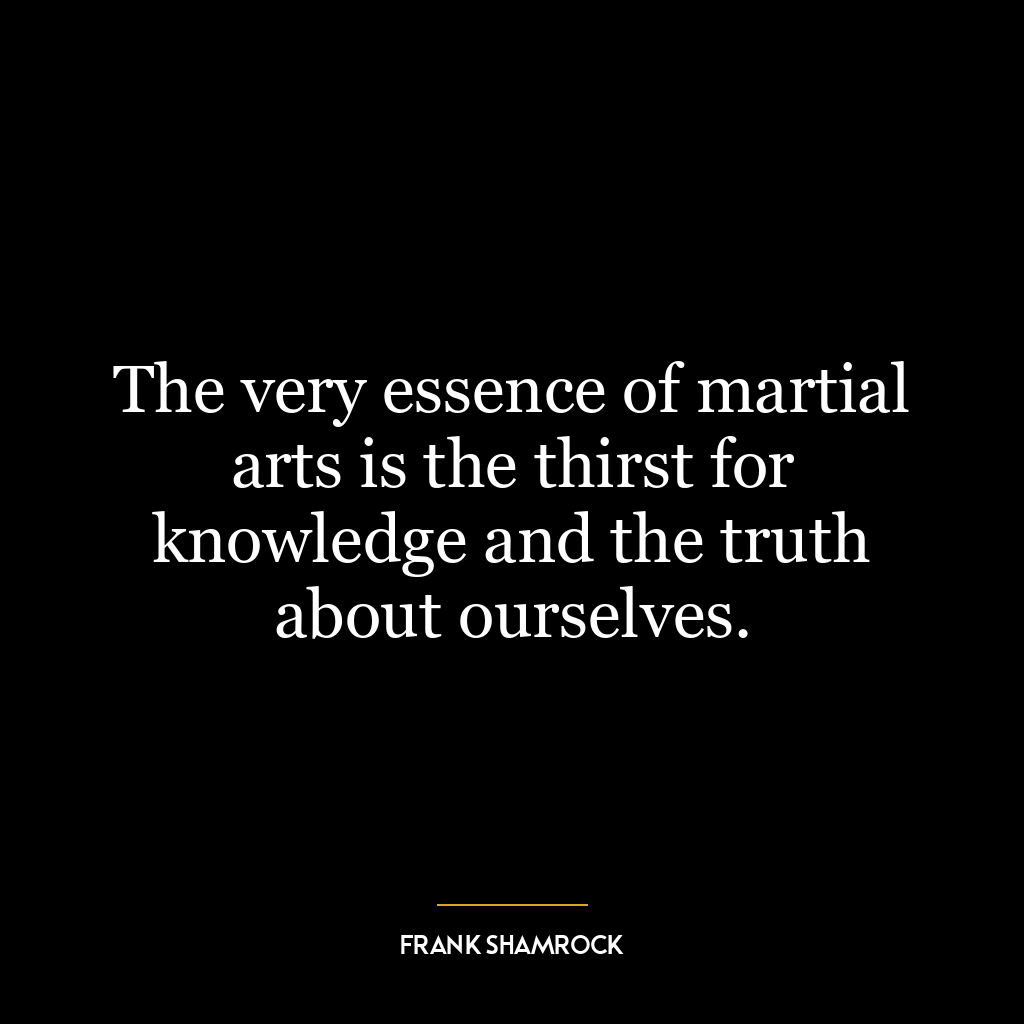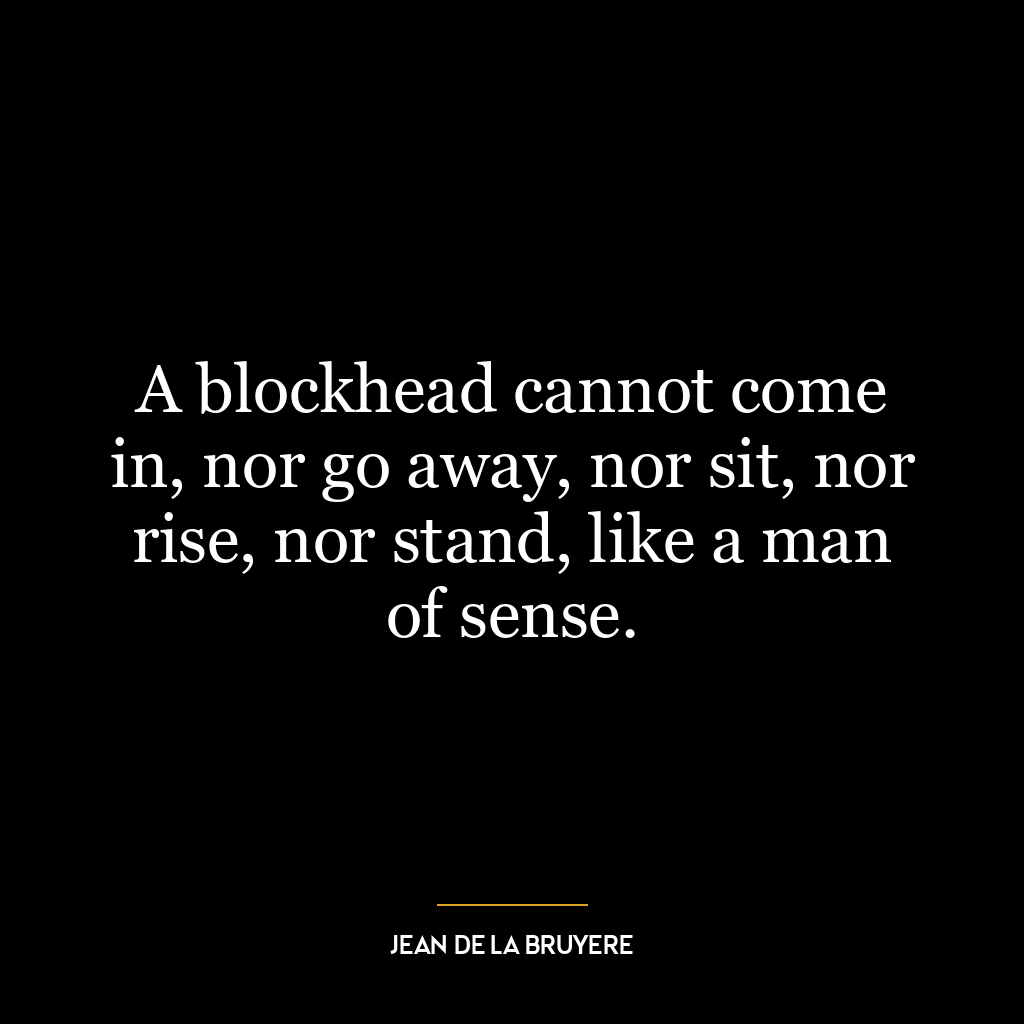Opinion is the medium between knowledge and ignorance.
This quote essentially means that our opinions often lie somewhere between what we know (knowledge) and what we don’t know (ignorance). It suggests that our opinions are formed based on our limited knowledge and understanding of a topic, and they are not absolute truths. They are essentially a reflection of our current understanding, which can be flawed or incomplete.
In the realm of knowledge, we have facts and truths that are universally accepted, proven by science or logic. On the other end of the spectrum, there is ignorance, which signifies a lack of knowledge or awareness. In between these two extremes is where our personal opinions reside.
Opinions are shaped by our perceptions, experiences, and biases. They are subjective, changeable, and may not always be grounded in fact. This is not to say that opinions are inherently bad or useless. They can be valuable tools for personal growth and societal progress, as long as we recognize them for what they are and remain open to revising them as we gain more knowledge.
In today’s world, this idea is particularly relevant. We live in an era of information overload, where we are constantly bombarded with news, data, and differing viewpoints. It’s easy to form opinions based on snippets of information without understanding the full context or verifying the facts. This can lead to misinformation, polarization, and conflict.
Applying this concept in personal development, it is important to be aware that our opinions are not fixed truths but are subject to change as we learn and grow. It encourages intellectual humility, the recognition that we don’t know everything and that our views can be wrong. This humility can lead to a lifelong commitment to learning, growth, and open-mindedness.
Moreover, understanding this concept can help improve our critical thinking skills. Rather than accepting information at face value, we can learn to question, analyze, and seek evidence, thus moving our opinions closer to the knowledge end of the spectrum and away from ignorance. It also fosters empathy and understanding, as we realize that others’ opinions, like our own, are shaped by their unique experiences and limited knowledge.









